Andrew's recent articles

5 November 2022
The Budget and the APS
The budget papers reveal considerable action to progress the Albanese Governments APS reforms recently set out by Katy Gallagher. However, not all of the budget measures are clear yet, some are questionable and there remain important measures still to be pursued.

18 September 2022
NSW Inquiry into Trade Commissioner appointment has lessons beyond NSW
The former NSW Public Service Commissioner, Graeme Head, provided the Premier with a most carefully considered report on the processes leading to John Barilaros appointment as Senior Trade and Investment Commissioner.

4 August 2022
Politicisation in Australia A problem that crosses jurisdictions and parties
The striking evidence of politicisation of public services in Queensland, NSW and Victoria, after the evidence about the Commonwealth, demonstrates that the problem is pervasive across Australian jurisdictions and is not restricted to one side of politics.

26 July 2022
The Gaetjens valedictory
I do not know the former Secretary of Prime Minister and Cabinet, Phil Gaetjens personally, but others who do and whose judgment I respect have long told me of his competence as both an economist and a manager.
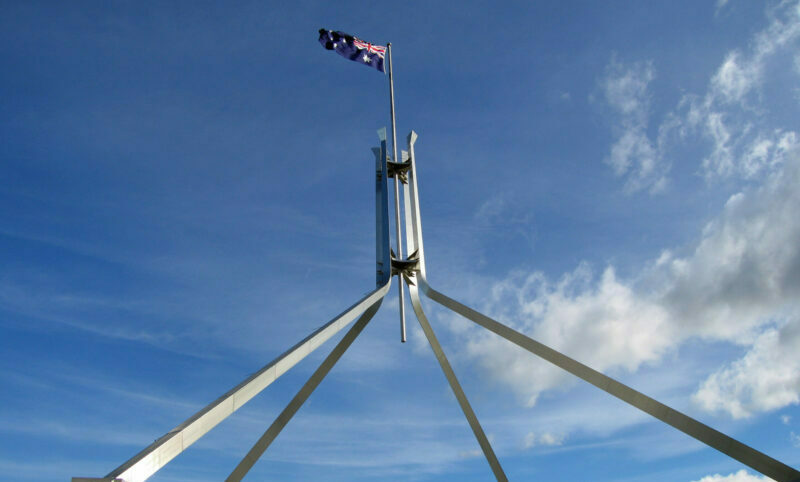
7 July 2022
Reforming the MOP(S) Act and the conduct of ministerial advisers
While the introduction of the Members of Parliament (Staff) Act back in 1984 did thwart an attempt at the time to allow political appointments into the APS and regularised the employment arrangements for the growing numbers of staff of ministers and MPs, the Act has not been reviewed since.
23 June 2022
New Heads of Departments in Canberra
The appointments announced by the Prime Minister on Wednesday 22 June seem mostly sensible, offering the APS a more professional leadership which can both provide strong support for the Government and demonstrate its impartiality in its policy advising and management of programs.
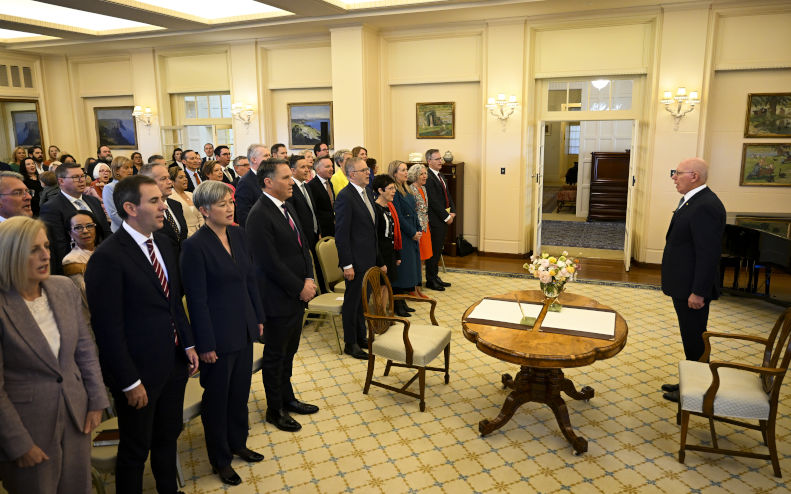
2 June 2022
The Administrative Arrangements Order of the Albanese Government-a curates egg
The Albanese ministry and Administrative Arrangements Order represent a considerable improvement on the structures the Morrison Government used, but they could have been much better.
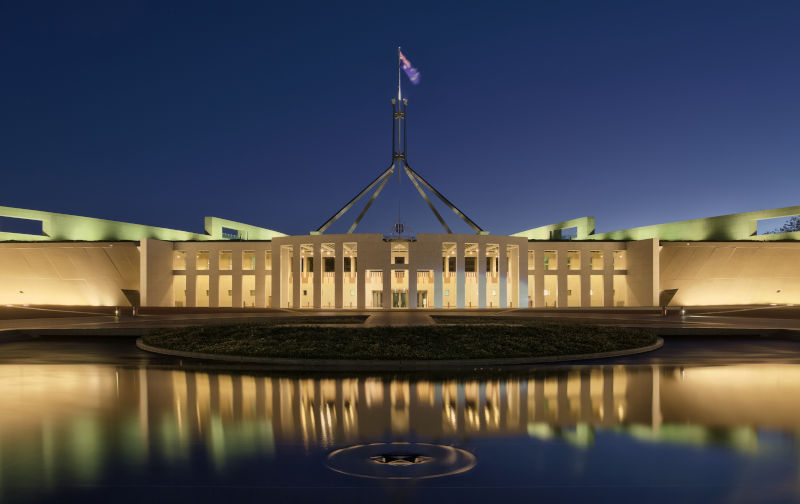
22 May 2022
Next steps: governing well
The Prime Minister elect made a couple of important comments on Saturday night that indicate the early steps he plans to take to begin governing.
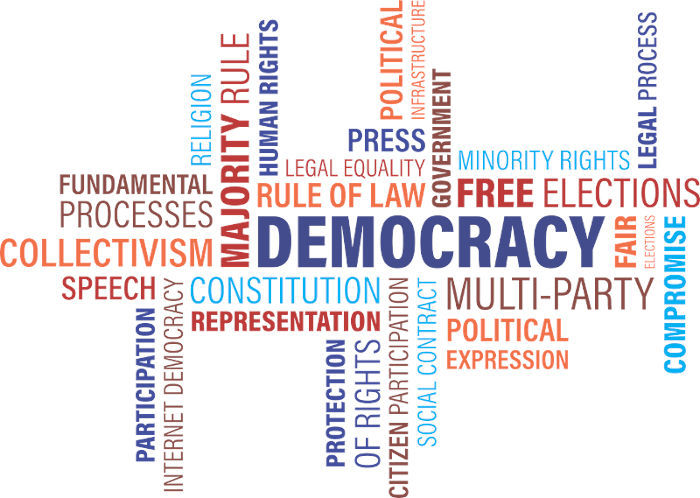
9 May 2022
Addressing democracy's international decline
The theme of the American Society for Public Administrations annual conference in March was Democracy under Threat. This was in response not only to troubles in the US but to falling appreciation of democratic principles in other Western countries and the rise of authoritarianism elsewhere.

5 May 2022
If I were the minister for the public service in a new government
Improving the capability of the APS, and making best use of it, is the responsibility of all ministers with the Prime Minister being responsible for setting the overall climate.
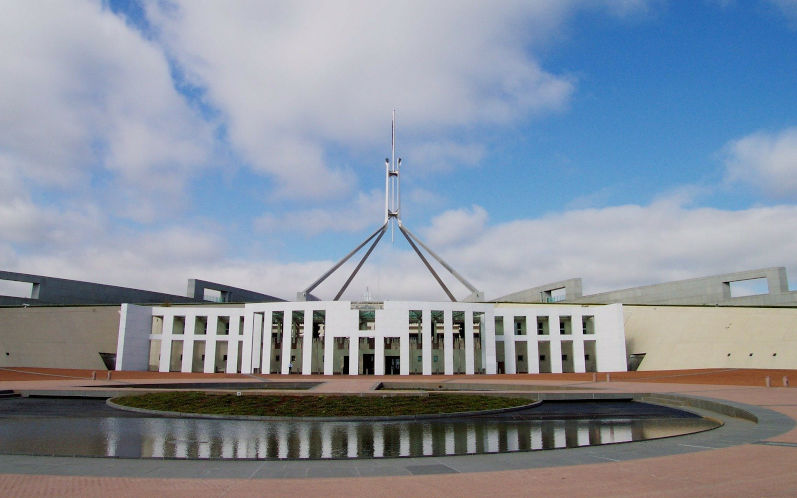
22 February 2022
Rebuilding Australian Public Service capability - Part 2
This two-part article sets out the main measures a new Labor Government should take to rebuild the capability of the APS which would not represent a partisan agenda but could attract broad support from the Parliament.
21 February 2022
Rebuilding capability in the Australian Public Service - Part 1
In an article last December I commented on the final report of the Senate Public Administration and Finance References Committee inquiry into the current capability of the APS.

21 December 2021
PM&C is damaging the integrity and reputation of the public service
At the heart of Senator Rex Patrick's attack on a senior public servant was a call for the public service to be more independent and impartial.

15 December 2021
Australia doesn't need a royal commission to fix its broken media
A disappointing media diversity report was predictable and largely unhelpful. Here is how to address the genuine problems with the Australian media.

9 December 2021
Partisanship undermines another opportunity for APS reform
A Senate committee's report on public service capability is not without merit, but the prospect of significant progress is hampered by political motivations.

12 November 2021
Frank and fearless? The insidious politicisation of the public service
Public servants' independence continues to be eroded by the use of consultants, closer control of communications and weakening of checks and balances.

10 November 2021
Journalism needs more than better protection, it needs betterstandards
Nearly a decade since two separate reviews recommended an overhaul of media regulation, neither recommendation has been implemented.
14 October 2021
Nuclear submarines: We don't know the costs and we don't know the risks
The nuclear submarine deal with the US and the UK upends Australia's carefully thought out forward planning in defence, without a clear explanation to the nation of the ramifications.

8 September 2021
Fix the means test for a consumer-friendly retirement income system
Australia's retirement income system needs reform to make it more secure and user friendly.
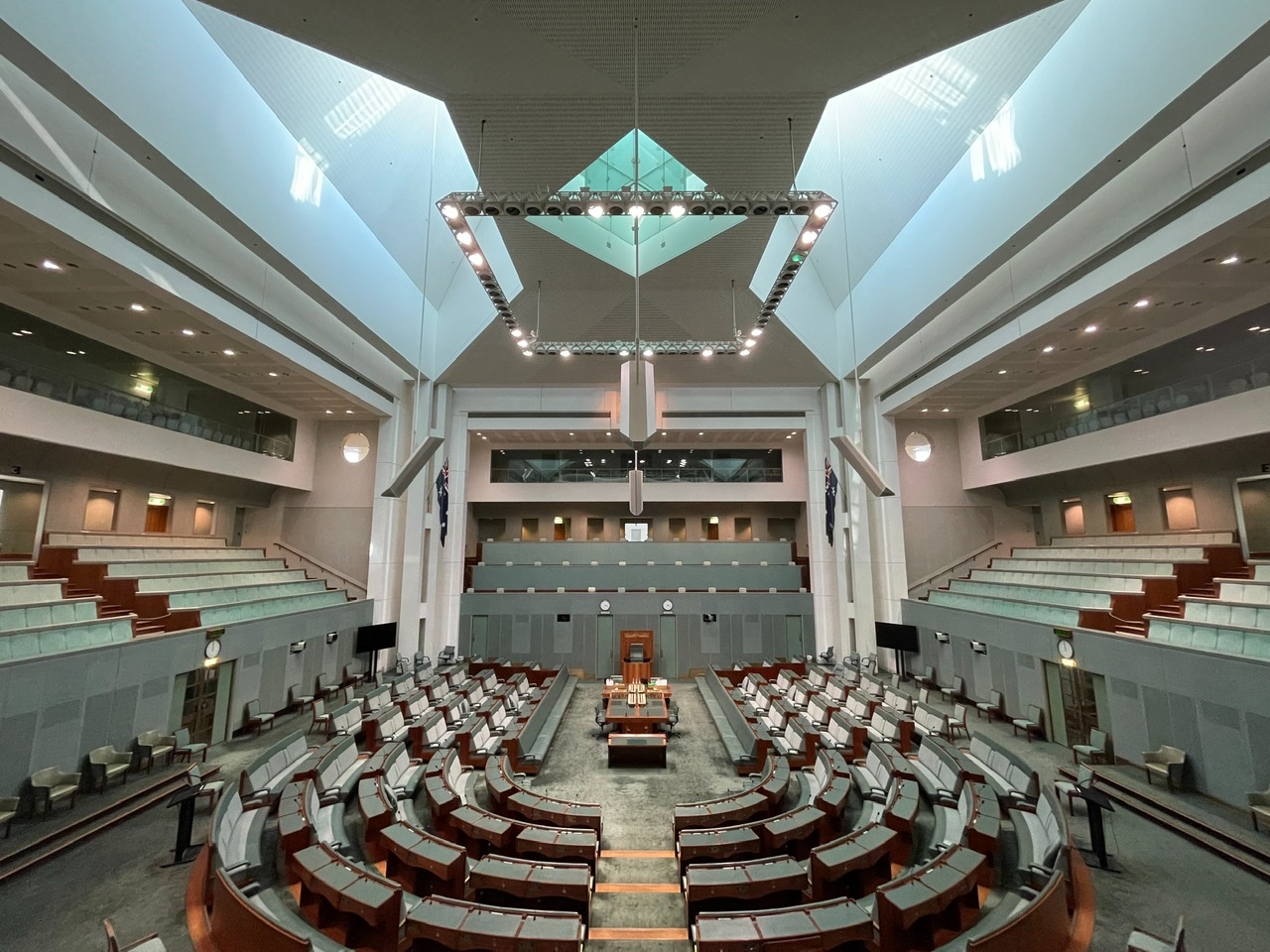
3 August 2021
Our Democracy Needs Serious Reform
The Australian Government may be right to express concerns about Chinas recent domestic and international behaviour under President Xi Jinping. But claims of having superior democratic values might have more credibility if the Government understood and genuinely upheld them.

11 July 2021
Respect for the APS did not last long
Praise of the Australian Public Service for its COVID 19 efforts last year, and appearances of respecting its policy contribution, seem now to have disappeared. The PMs disdain of the public service as a key institution in our democracy, shown in his response to the Thodey Report in December 2019 and his earlier disparaging of its policy advising role, are apparent again in his departmental secretary appointments last week.
7 July 2021
Public service must learn from robodebt fiasco
Justice Murphy of the Federal Court castigated the Commonwealth in unprecedented terms in his judgment approving settlement of the class action on behalf of those affected by Robodebt.
27 June 2021
Respecting the distinct roles of the ADF and the APS
The ADF and the APS are institutions in their own right, and are not just subject to the Governments directions. Their roles should be respected, recognising their commitment to serving the public and their focus on impartiality and the longer-term interests of Australians.

11 May 2021
What values should we expect among the 'profession of arms'?
Duttons ambiguous statement telling soldiers the Government has their back has added to the damage. Moreover, he has politicised the system of military honours. Labor deserves no less condemnation for going along with this interference. By not resigning in protest, General Angus Campbell has left uncertainty about the ADFs commitment to repair the cultural problems Brereton identified. Resignation might have forced a re-think by the Government (and the Opposition) focusing on the nations reputation as well as the ADFs culture.

13 April 2021
Response to Brendan Coates on Retirement Income System
While Brendan Coates makes some valid criticisms of Paul Keatings recent claims about Australias retirement income system, his own claims and assumptions (and those of the Retirement Income Review) are also open to question.

7 April 2021
Is Australias retirement income system delivering on its potential?
The Australian retirement income system is effective, sound and its costs are broadly sustainable according to the Retirement Income Review chaired by Mike Callaghan.
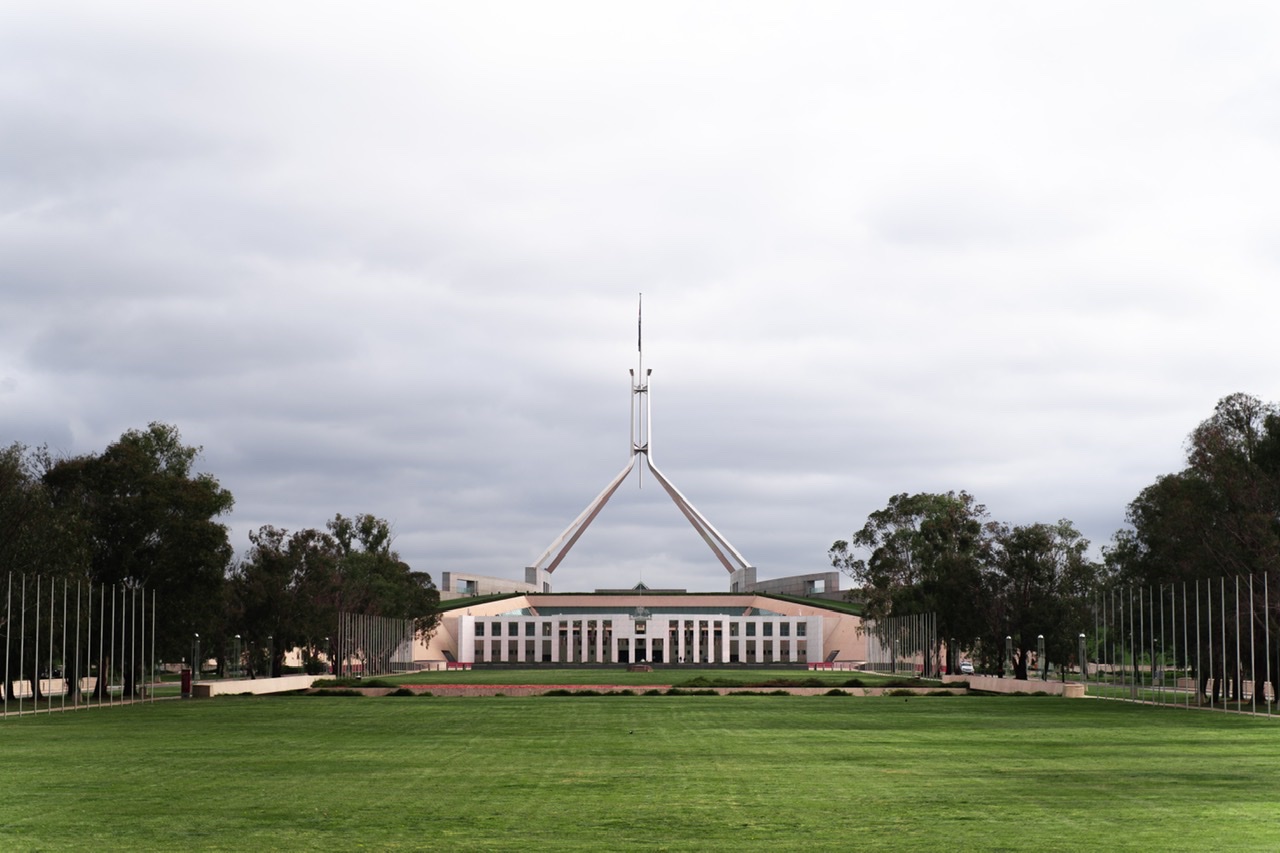
25 March 2021
Addressing politicians' and political staff behaviour
The depressing stories coming out of Parliament House reinforce the need to review the Members of Parliament (Staffing) Act and the processes for overseeing the behaviour of ministers and other MPs as well as MOPS staff.
1 March 2021
Risky business: The act governing treatment of parliamentary staff (MOPS) needs overhaul
Is it asking too much to expect parliamentary staff, who are paid by taxpayers and exercise privileged influence if not direct public power, to behave with high ethical standards? The absence of clear lines of accountability and clear behavioural expectations is no longer acceptable.
5 January 2021
Responding to Callaghan: completing Australia's retirement income system
The Retirement Income Review (Callaghan) Report concluded that the Australian retirement income system is effective, sound and its costs are broadly sustainable.
3 December 2020
Where are the true, small-l liberal conservatives?
Australian conservatives seem to have lost some of their traditional commitment to institutions and the liberalism they protect.
19 November 2020
Academic engagement with China is not a security risk: it is an investment in a shared more liberal world
The Foreign Relations (State and Territory Arrangements) Bill 2020 currently before the Parliament would require State and Territory entities to seek the approval of the Minister for Foreign Affairs for any proposed arrangement with a core foreign entity; existing arrangements would also be subject to approval. The bill may be presented as country agnostic but there is little doubt that its intent is to constrain arrangements State and Territory entities have with China in particular. Included in the definition of entities are universities.
4 November 2020
Let's have a proper review of public sector remuneration
In calling for a review of Australia Post in light of its decision to reward some executives with Cartier watches, the PM stated that there wouldnt be a board member of a government agency or a CEO of a government agency that didnt get my message.
22 October 2020
Getting Coherence into the Equity Debate - Part 3
In Parts 1 and 2, I used three desirable attributes (equity, efficiency and simplicity) of a coherent tax and transfer system to assess the 2020-21 personal income tax changes and the lack of a rate increase for JobSeeker recipients. In Part 3, I examine family assistance and child care.
21 October 2020
Getting Coherence into the Equity Debate Part 2
In Part 1, I used three desirable attributes (equity, efficiency and simplicity) of a coherent tax and transfer system to assess the 2020-21 personal income tax changes. In Part 2, I examine JobSeeker payments.
20 October 2020
Adding complexity, taxes the issue of equity Part 1
More sensible than the Governments Stage 3 tax cuts would be the approach put forward by the Henry Tax Review of an explicit and high tax threshold and no means-tested tax offsets.
15 October 2020
Superannuation and the Guarantee.
Public debate on superannuation is currently focused primarily on the level of the guarantee. This is a legitimate debate, but the guarantee is not the most important issue for ensuring Australians have adequate and secure retirement incomes.
9 August 2020
Engaging with China about public administration reform
As some politicians and commentators call for containment of China, it is time to put forward the case for engagement instead. It can only assist with our understanding of China's huge challenges, and maybe help encourages continuing reform.
6 August 2020
We Need a Royal Commission into Robodebt
A Royal Commission into Robodebt could shed light on future policy and administration issues, some going beyond social security writes Whiteford, Podger and Stanton from ANU's Crawford School of Public Policy.
18 July 2020
Federalism does not need an ongoing 'National Cabinet'
Australia has so far been successful in its response to the COVID 19 pandemic, a major reason being the constructive role of the National Cabinet. But there is good reason to be highly sceptical about the ongoing role for the National Cabinet announced by the Prime Minister.
15 July 2020
Book Review: "Hidden Hand" Exposing how the Chinese communist party is reshaping the world (The Conversation 10.7.20)
InHidden Hand, China scholars Clive Hamilton and Marieke Ohlberg examine the Chinese Communist Partys influence in Europe and North America in a similar way to how Hamilton dissected the CCPs influence in Australia in his 2018 book,Silent Invasion.
10 May 2020
ANDREW PODGER. New Normals: Likely, Unlikely and to aim for. Part 2
A desirable new normal in economic and social policy will require a new normal in Australian politics. For a decade or more we have suffered from hyper-partisanship and the constant campaign. Good policy is no longer recognised as good politics. Arguably, Scott Morrison is the supreme example, being until now the most transactional of political leaders.
7 May 2020
ANDREW PODGER. New Normals: Likely, Unlikely and to aim for. Part 1
As governments transition out of the current restrictions to slow the spread of COVID-19 and help the economy towards recovery, it is worth exploring what the future might or should look like.
6 April 2020
ANDREW PODGER. COVID-19 crisis shows a strong public service is vital
The convid-19 epidemic has shown how much Australia relies on an effective public service, free from politics. This, however, is in spite of the over-politicisation and under-resourcing of the service over recent years.
24 February 2020
ANDREW PODGER. In defence of an apolitical, professional public service( The Mandarin 24.2.2020)
I cannot let Laurie Pattonsopinion piece go unchallenged. It is a recipe of despair in its dismissal of fundamental principles of responsible government.
2 February 2020
ANDREW PODGER.The sports rorts affair shows the government misunderstands the role of the public service.(The Conversation 30.1.2020)
The governments defence of Bridget McKenzie and the prime ministers call for advice from the head of his department reveal a remarkable misunderstanding (or, less surprisingly, a remarkable misrepresentation) of the respective roles of ministers and administrators.
29 December 2019
ANDREW PODGER.-Trying to make sense of the Thodey Report and Morrisons Response:(The Conversation 19.12.2019)
The final report of the Independent Review of the APS is much more substantial than its Interim Report. That is hardly a high hurdle, but its 18 page bibliography suggests considerable reflection beyond the (mostly disappointing) submissions and commissioned papers.
12 December 2019
ANDREW PODGER.- Grattan Ducks its own Push for a Sensible Discussion of Private Health Insurance.
In their first Saving Private Insurance report in August, Stephen Duckett and Kristina Nemet from the Grattan Institute presented a most helpful framework for assessing the future role of private health insurance in Australia in the context of our universal public insurance scheme, Medicare.
27 June 2019
ANDREW PODGER. Politics and Administration under the Second Morrison Government: Making the Partnership Work.
The relationship between politics and administration has been likened to the Chinese Yin and Yang: a dichotomy of almost opposites but simultaneously a complementary partnership in which neither can survive without the other. That is the challenge the new Morrison Government needs to understand as it sets out what it expects from the Australian Public Service.
25 June 2019
ANDREW PODGER. More Carefully Designed, a Stage Three Tax Measure Could Be a Responsible and Genuine Reform
At the time of last years budget, I wrote a [1] revealing how neither the Governments nor the Labor Partys then proposed tax changes would simplify the personal income tax system or offer genuine long-term reform. This was largely because of continuing misrepresentation of the tax scale and failure to take into account how the means-tested Low Income Tax Offset (LITO) and the new Low and Medium Income Tax Offset (LMITO) actually work. The same criticism can be made about the Governments of its legislated and proposed tax changes over the next five years.
